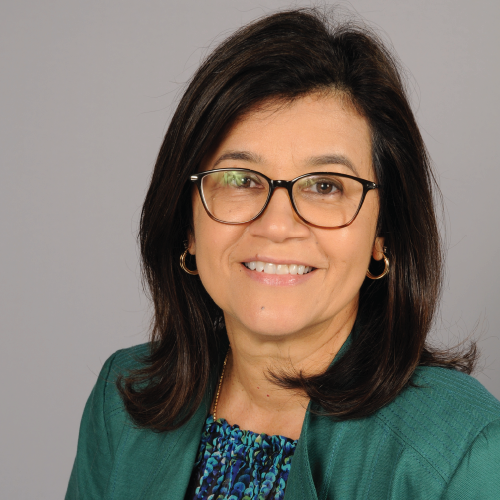Embracing Tension and Critical Discourse
November 01, 2023
President's Corner
Is your job becoming more stressful with each passing day? RAND recently reported that as of spring 2023, approximately 50 percent of superintendents nationally said their work was “often” stressful and 26 percent said it was “always” stressful.
The report highlights the growing stress among superintendents due to what they identify as “the intrusion of political issues or opinions into schooling.” These challenges create stressful climates to the degree that many of our colleagues are burning out, retiring or leaving the profession prematurely.
In light of this disruptive environment, we must take a step back to explore our personal and professional stressors, ranging from competing priorities and political pressures to polarizing opinions and divisiveness.
As superintendents, we are no strangers to an ever-changing landscape. We have seen the rise of political polarization, the spread of misinformation and the decline of trust in our public schools. In this challenging environment, fostering an environment that promotes civil discourse and embraces creative tension is more important than ever.
We hold the power to model behavior and to meet expectations within our systems and communities. Encouraging respectful dialogue and differing viewpoints — even when we disagree — sets an example for others to follow, from the classroom to the boardroom. Acknowledging the tension between those with opposing ideas and perspectives can drive innovation and positive change.
The concept of creative tension, coined by author Peter Senge in his 1990 book The Fifth Discipline, is the gap between where you are and where you want to go or the difference between vision and reality. It provides a beacon that can lead us to continuous improvement and innovative solutions.
At the heart of our efforts is the demand to be responsive to the varied needs of our students and families. Cultivating strong working relationships with families and staff is key. We must ensure that communications are two-way and that all voices are heard. Building these relationships with intention can create a culture of trust and lay the foundation for addressing future concerns or issues more effectively. Author Stephen Covey said in his 2023 National Conference on Education keynote address that the future of education requires leaders who trust and inspire rather than command and control.
No doubt, the range of opinions about the various matters impacting our classrooms, schools and operations today is vast. However, we must remain vigilant to avoid succumbing to the demands of a vocal few. While it can be tempting to cater to those who speak the loudest, we must remain steadfast in our commitment to represent the larger community’s interests and needs.
Unfortunately, we live in a time when books are banned from schools and threats are made against marginalized groups. As system leaders, we must consider the impact of individual demands on the greater good and the importance of a respectful and inclusive approach to civil discourse. A single complaint should not lead a school to restrict access to a book.
The late Ken Robinson, a noted author, speaker and international adviser on education, once said, “The real role of leadership is climate control.” I think you would agree we are living in a time when assuming this responsibility is critical in our roles as superintendents.
The past three years have tested us in ways we never could have imagined, and this has divided many communities. Nurturing an environment of civil discourse and embracing creative tension in the face of political pressure and stress is crucial to our success.
We can foster an environment that encourages innovation, collaboration and positive change by leading by example, staying focused on our mission, celebrating our successes and learning from our challenges.
Gladys Cruz is AASA president in 2023-24.
Author
Advertisement
Advertisement
Advertisement
Advertisement



